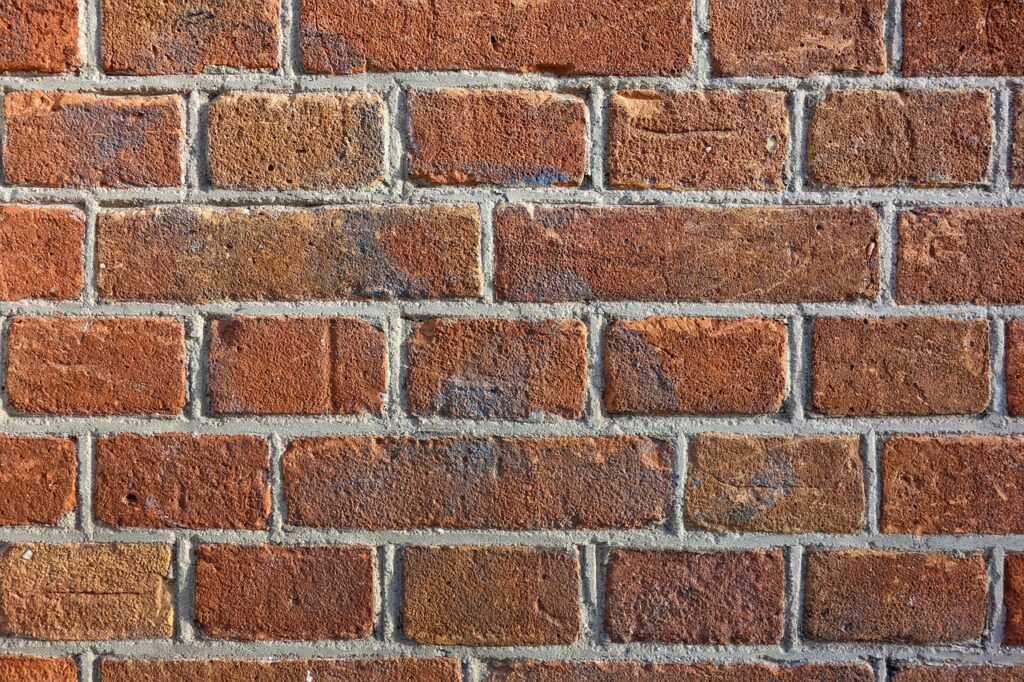Our bodies are 50-75% water – dehydration is when we lose more water than we take in.
Water Facts
Our bodies are 50-75% water – dehydration is when we lose more water than we take in.
Being dehydrated by as little as 2% of your bodyweight can have negative effects.
The recommended daily intake of water is 2 litres per day however, the average person in the UK only drinks 1.7 litres.
What happens if you don’t drink enough water?
Dehydration can affect your body and brain in a number of ways.
You may feel:
- – tired
- – find it hard to concentrate
- – experience mild memory problems
- – lack motivation
- – find it takes more effort to complete usual work or daily activities.
Why do we need water?
While sugar-free drinks, tea, coffee, fruit juice and smoothies are all good ways to maintain hydration, sugar isn’t very good for us and they can also damage our teeth. Tea and coffee also contain caffeine which you may need to keep track of. Water, on the other hand, is healthy and is readily available straight from the tap. Not only is it calorie-free, but it also doesn’t contain any sugar.
Water is involved in every single process in our body. We need it to:
- Help regulate our temperature
- Keep our joints, eyes and muscles lubricated
- Get rid of waste via sweat, urine or bowel movements
- Water is essential for life. Without it, we would only be able to survive for a few days.
Activities that increase the risk of dehydration.

-
Working in a loft
-
Working on a roof
-
Long periods of driving
-
Working on a scaffold
-
Lack of regular breaks
-
Hot works such as welding.
Top tips to keep you hydrated
- Have something to drink when you first get up in the morning
- Remember to drink before you get thirsty
- Use the Dehydration Urine Colour Chart shown below to monitor your urine, this is a quick way to recognise if you are dehydrated
- Monitor your fluid intake, factoring in foods. Most of what we eat contains some water, especially fruits and vegetables
- Packing ready-to-eat fruits in sealable plastic bags can be a great way to restore fluids and vitamins during outdoor activities
- Staying hydrated in hot weather can help reduce the risk of heat-related illness. For more information visit;

Foods that help you stay hydrated

Drinks
All drinks count towards as your fluid intake but try to avoid too much caffeine as they can act as a diuretic.

Vegetables
Vegetables like tomatoes, celery, cauliflower are great sources of water.
A cucumber has 96.7% water.

Soups
Soups and broths have a high-water content.



Fruits
Fruits are a key water intake. A watermelon is 92% water, raspberries and berries contain 85% water.
Dry foods
Water is added to foods like pasta and rice during the cooking process, albeit absorbed.
Eggs
The water content of eggs is 75% and are also a great source of protein.

Meat and fish
A flounder is 79% water and chicken with skin is 69%.

Dairy
Plain low-fat yogurt is 89% water and cheddar cheese is around 40%.

Don’t be silly. Do not eat bricks 🙂
